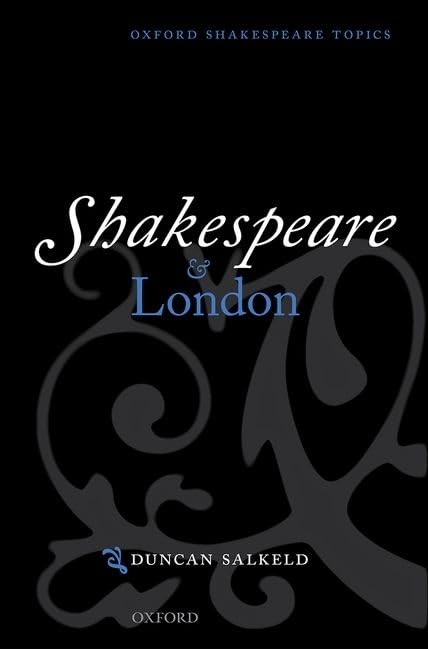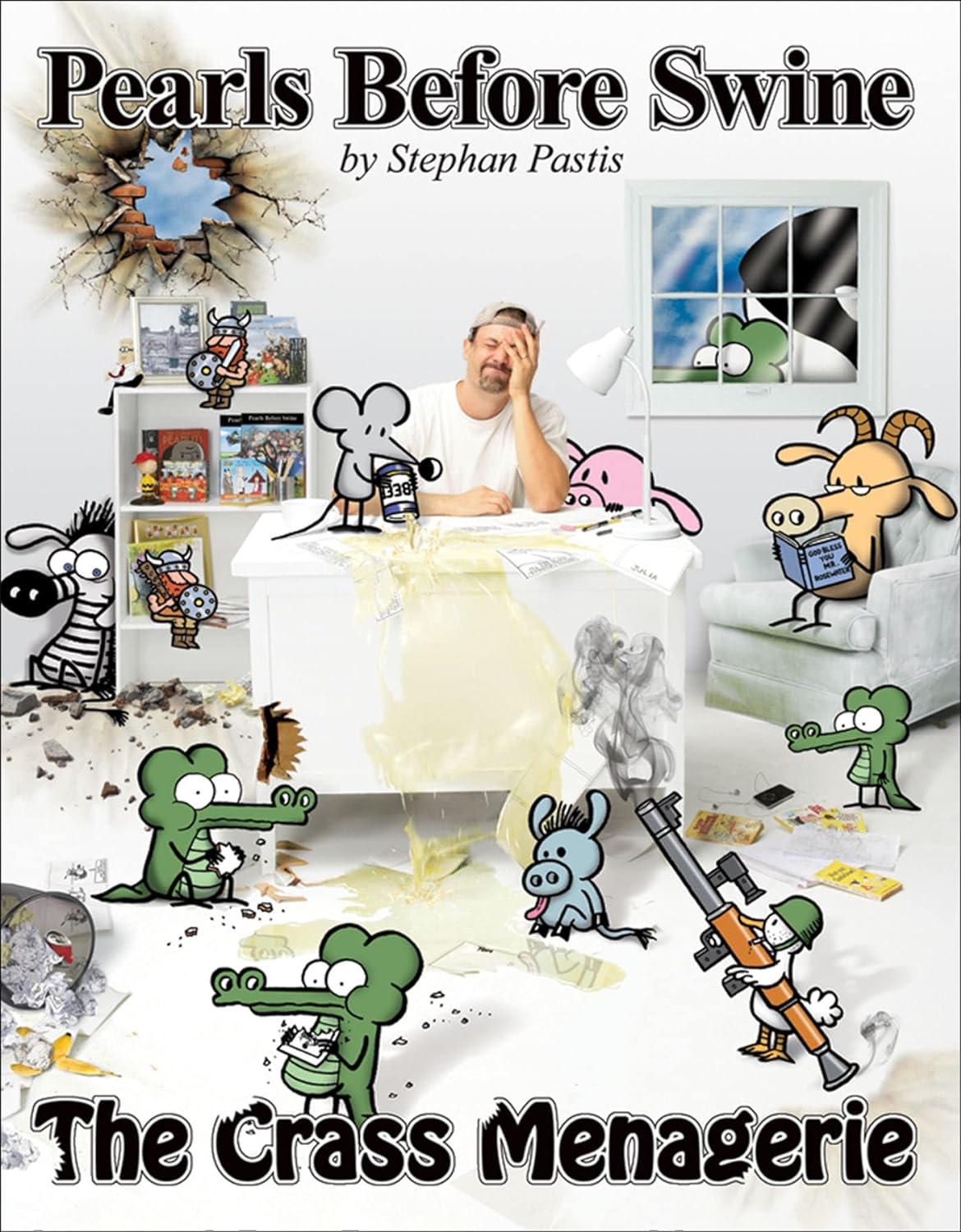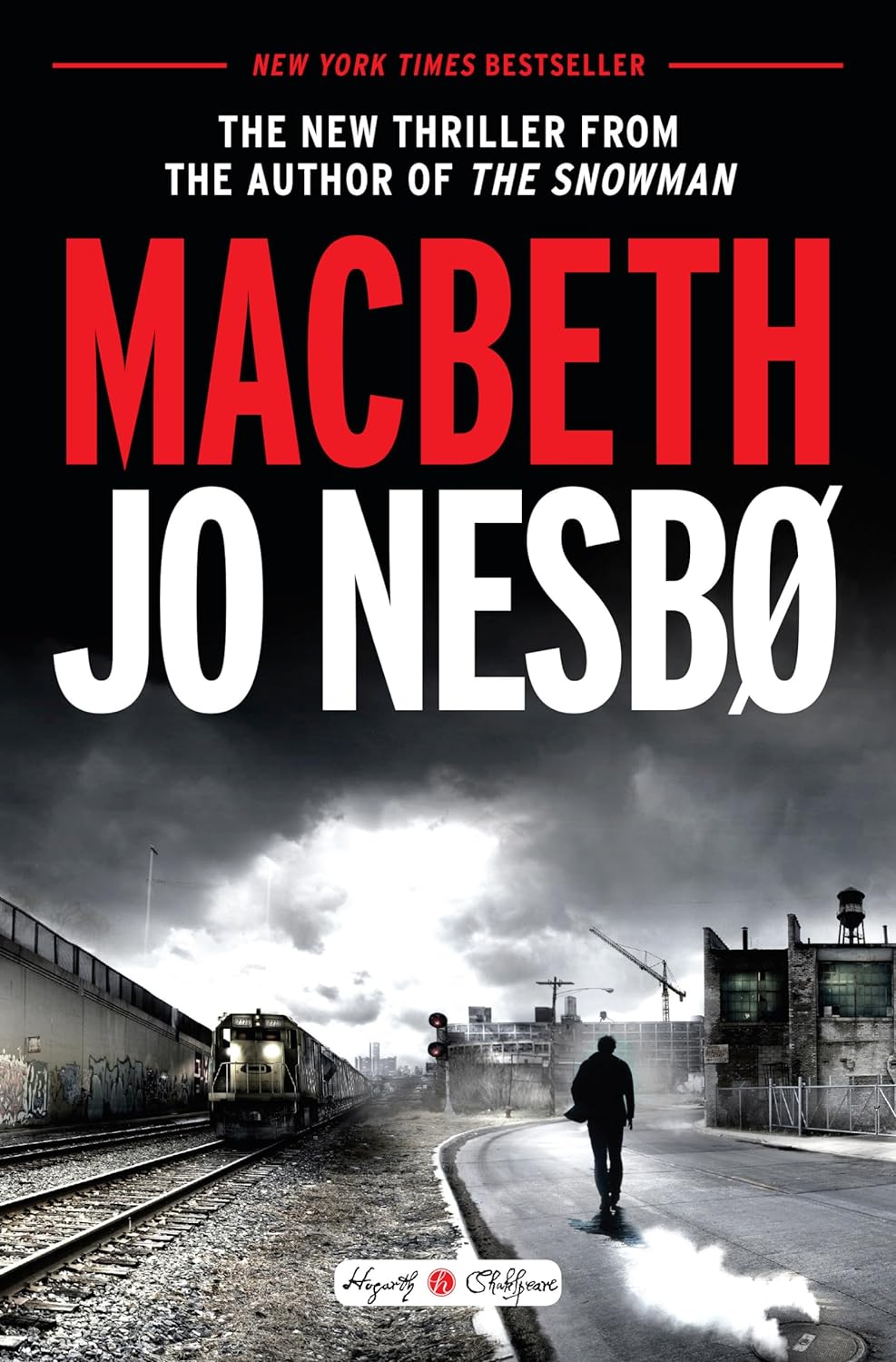 Hamlet and Hutch. Dir. Jared Young and Matthew Young. Perf. Burt Reynolds, Elizabeth Leiner, and Emma Rayne Lyle. 2017. DVD. Criterion, 2000.
Hamlet and Hutch. Dir. Jared Young and Matthew Young. Perf. Burt Reynolds, Elizabeth Leiner, and Emma Rayne Lyle. 2017. DVD. Criterion, 2000.
Hamlet and Hutch is a pretty forgetful, barely cohesive film about a great-grandfather and his great-granddaughter, a greyhound named Hamlet who almost gets sold to an Alabama racetrack, a theatre that's about to go out of business, and any number of other Saturday-morning feel-good film tropes.
Here's a brief take of the plot.
Note: Spoilers will follow, but I bet you could guess the ending of this film. Hutchinson Byrne ("Papa Hutch"), the famous Broadway actor, moves to Georgia to be with his semi-estranged granddaughter because he can no longer take care of himself in New York City. His great-granddaughter is fond of acting and films—notably Audrey Hepburn—and soon arranges for Hutch to put on a play in the theatre that her mom is about to sell because she can't afford to hold on to it and run her flower shop. So they get a greyhound named Hamlet for some reason, and then Hutch starts exhibiting symptoms of Alzheimer's. He wanders off, loses the dog, can't perform without the dog, but eventually puts on the show when the dog turns up again.
Here are two scenes from the film. In the first, Hutch and Liv trades lines from Shakespeare and
Roman Holiday.
The next scene gives the grand conclusion.
Note: It misleadingly presents the dog as having had a more crucial role in the story of the film, but Launce's dog Crab has almost more to do with the plot of Two Gentlemen of Verona than Hamlet the greyhound has to do with this film
There you have it! There are a few other bits of Shakespeare scattered through the film, but nothing earth-shattering. For example, Liv and Hutch read a bit of
Midsummer Night's Dream—until Hutch forgets his lines. All in all, it's not a great film, which is both unfortunate and disappointing. If you want a better engagement between Bert Reynolds and Shakespeare, try the
Twilight Zone episode entitled "The Bard" (for which,
q.v.).
I'll be taking a look at another Bert Reynolds film called
A Bunch of Amateurs. I'm hoping from more and better Shakespeare from it.
Links: The Film at IMDB.
Click below to purchase the film from amazon.com
(and to support Bardfilm as you do so).
 Salkeld, Duncan. Shakespeare and London. Oxford: Oxford University Press, 2018.
Salkeld, Duncan. Shakespeare and London. Oxford: Oxford University Press, 2018.























































